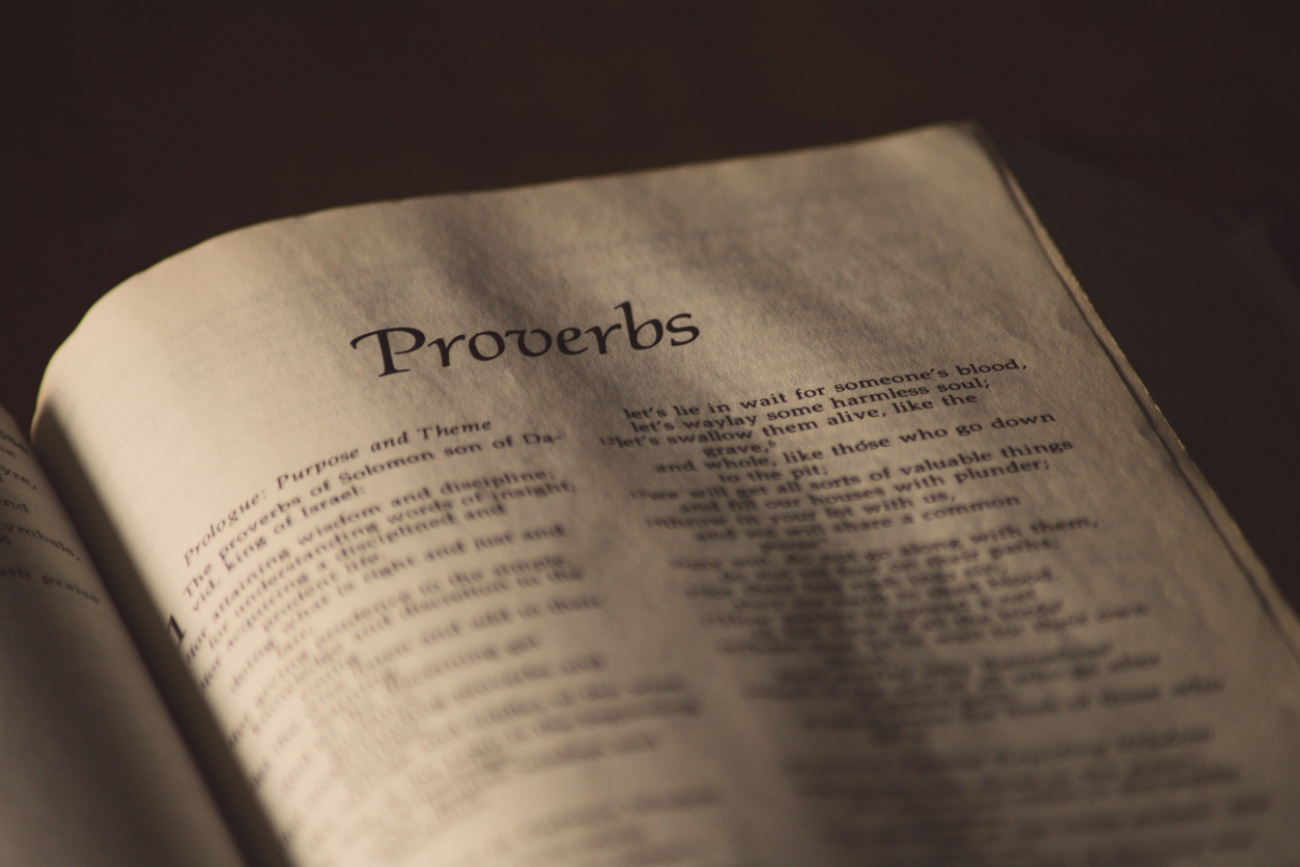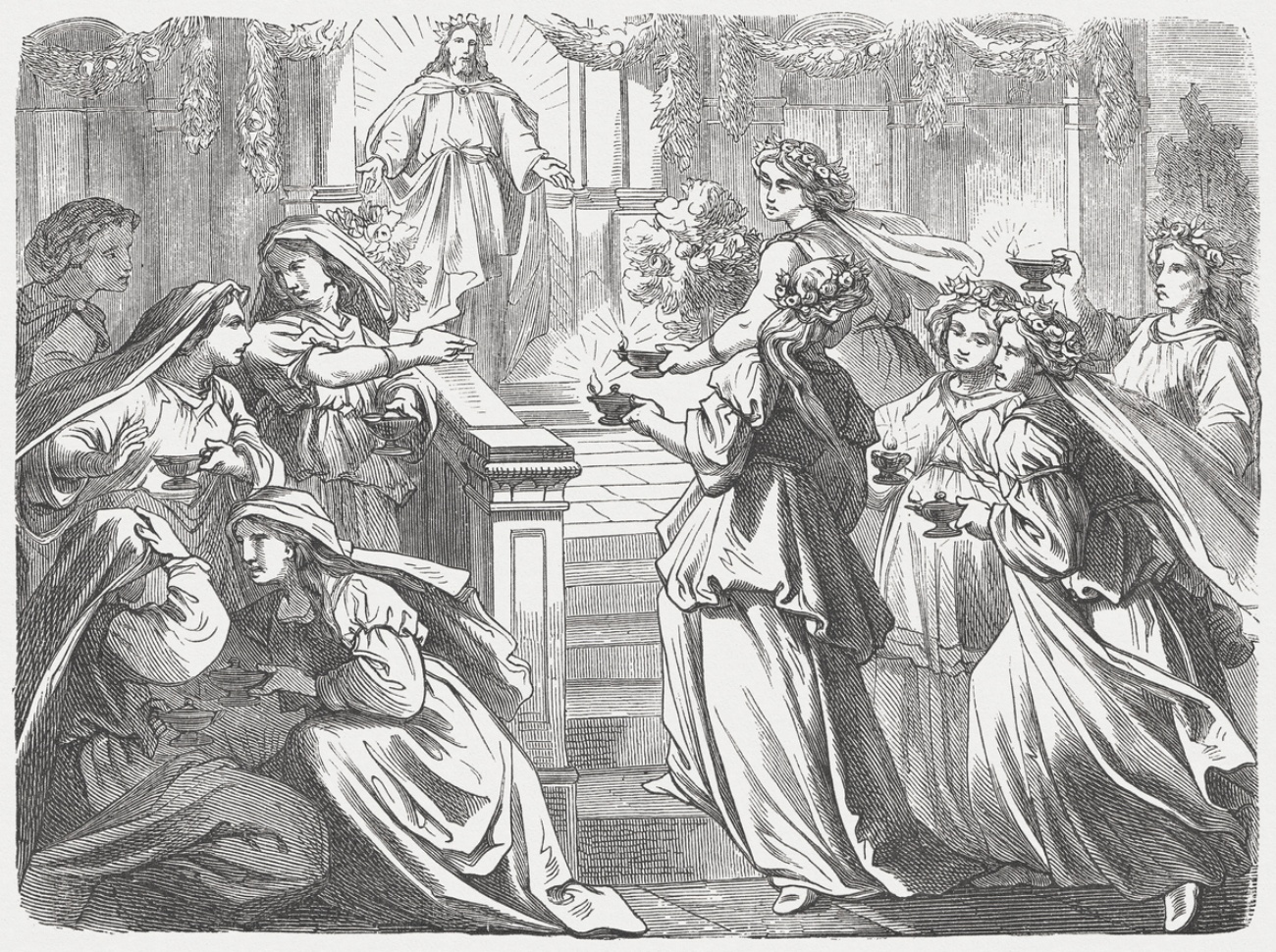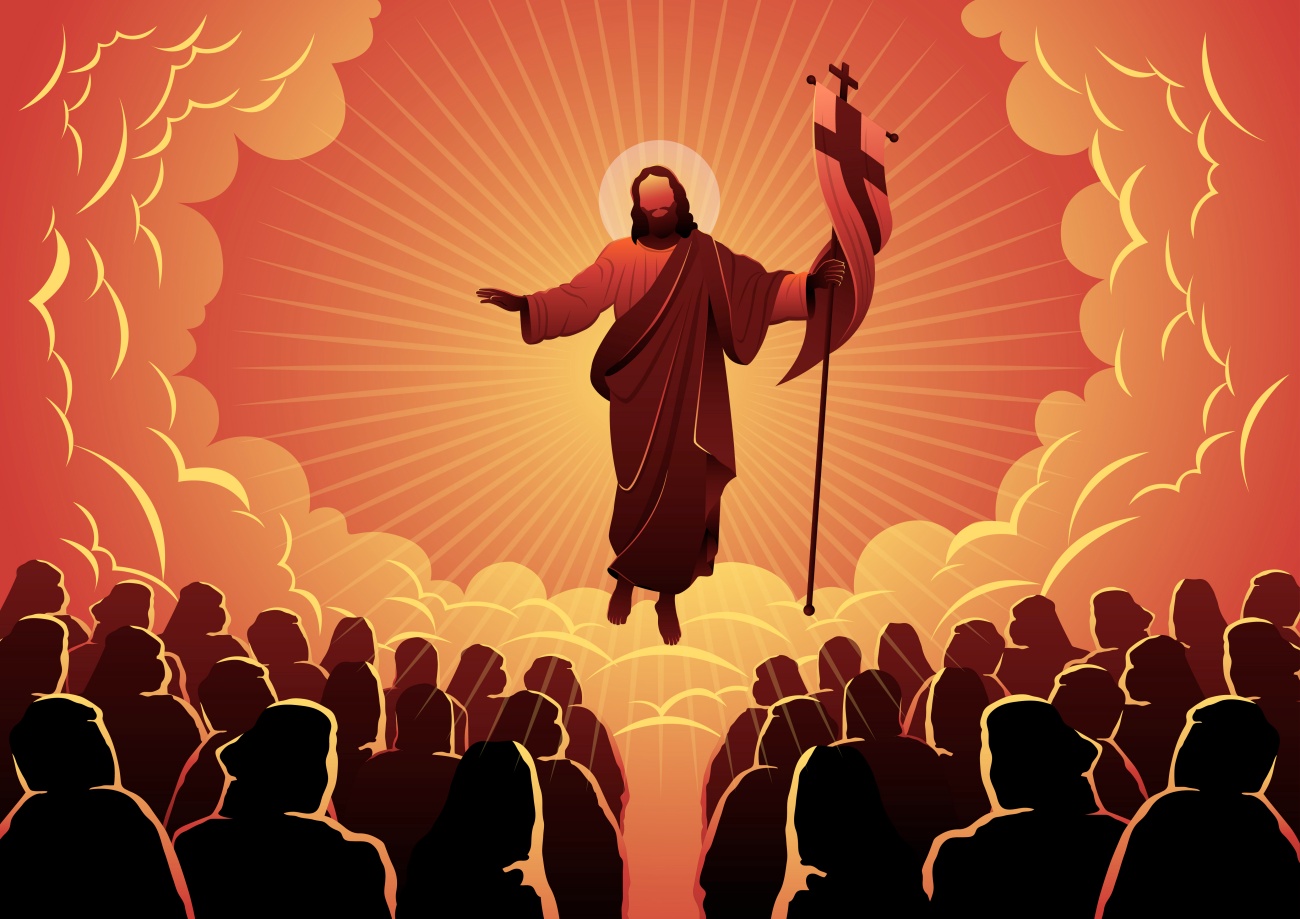Wisdom is a gift from God that allows us to correctly judge the difference between the things of God and the things of the world. It is the capacity of the mind that allows us to understand things from God’s perspective. This wisdom comes from a growing relationship with God Himself and it combines three elements: knowledge, understanding, and righteousness. With this wisdom, we can pursue the life of a true disciple of Jesus, one who thoughtfully discerns the will of God, applies it and practices it in one’s daily life.

Proverbs says of wisdom: “Those who love me I also love, and those who seek me find me” (Prv. 8:17). Like all good things, or anything of true value, wisdom must be sought, it must be pursued with humility and patience and hard work. In the action of seeking, we are doing something that is intimately related to humility. We seek because we are filled with and moved by wonder. We seek because we are filled with hope that what we seek may be found. We seek because we believe that there is something real to be found. We seek this wisdom because, “Beyond health and comeliness, I loved her,/ And I chose to have her rather than light,/ because the splendor of her never fades” (Wis. 7:10).
In Proverbs 9:10 we read. “The fear of the Lord is the beginning of wisdom: and the knowledge of the Holy One is understanding.” The “fear of the Lord” here refers more to having respect and reverence, or holy awe of God, than it does to actual fear in the modern sense. It is this humble attitude toward God that leads us to the wisdom of the one who is the Source and Goal of all that is good, true, and beautiful. It is this reverence and respect for God’s understanding that opens our hearts and minds to receive the graceful gift of Wisdom. This humble attitude also causes us to desire to live in accord with God’s wisdom and understanding.

Jesus gives us an example of wisdom in the parable of the ten virgins who take their lamps to await the coming of the bridegroom in Matthew 25:1-13. “Five of them were foolish and five were wise” (v. 2). It is important to recognize that Jesus’ parables are often metaphors for some deeper, more transcendent idea. In that sense, then, the “bridegroom” that the ten virgins are sent to wait for is Christ, and the marriage feast represents the banquet that awaits us at the Second Coming. The ten virgins represent us. Are we wise enough to be doing all that is necessary to be prepared for the arrival of the bridegroom, our Lord, when he comes again on the Last Day? Or are we foolishly lazy, or habitually distracted by the things of the world? When Jesus returns, will our lamps have enough oil in them to greet Him, or will we be off into the crooked, well worn paths and byways of the world doing “our own things.”

To seek the ways of God is wisdom. To wish only to follow the narrow path of the will of God is to understand ourselves and the things of the world from the perspective of God. If we get caught up in the things of the world and follow only the paths of our own “wisdom”, or the “wisdom” of the world, might we find ourselves lost in the dark like the ten foolish virgins, who return to find the doors to the banquet barred to them. Will we hear those desperately tragic, even frightening words: “Amen, Amen I say to you, I do not know you” (Mt. 25:12). But these are followed by the most importantly instructive and wise words, “Therefore, stay awake, for you know neither the day of the hour” [of the bridegroom’s coming] (v. 13). Are we doing all that we should to “stay awake”? Are we prepared? Are we cultivating “fear of the Lord” by growing in awe and delight of the gospel? It is a sign of wisdom to remember and reflect on the fact that we have been reconciled to God through Jesus Christ. This is worthy of our respect, our reverence, and our delight for God alone. In this wisdom, we, like the wise virgins, will be ready for the Lord at all times.
SKM: below-content placeholderWhizzco for FHB

